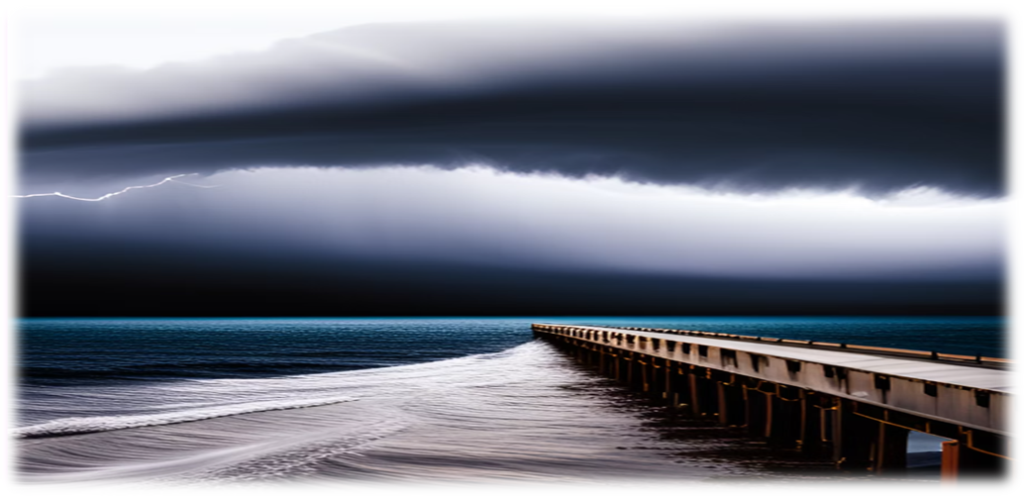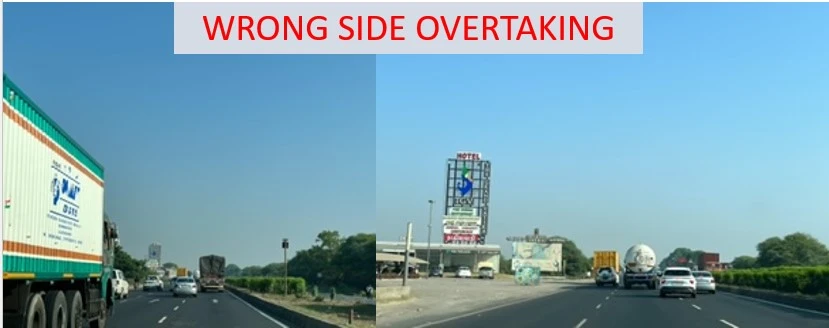
Cyclone storms can be extremely dangerous and destructive natural disasters. It is crucial to take necessary precautions to ensure your safety and the safety of those around you. Here are some precautions to consider:
- Stay Informed: Monitor weather updates and listen to official announcements from local authorities or meteorological departments. Stay tuned to reliable news sources for the latest information on the cyclone’s track, intensity, and any evacuation orders or safety instructions.
- Evacuation Planning: If you live in a vulnerable coastal area or in a region prone to cyclones, have a clear evacuation plan in place. Know the designated evacuation routes and shelters in your area. Prepare an emergency kit with essential supplies such as food, water, medications, important documents, and first aid supplies.
- Secure Your Property: Take steps to protect your property from potential damage. Trim trees and branches near your home that could be hazardous during high winds. Secure loose objects or furniture that could become projectiles. Reinforce doors, windows, and roof structures to withstand strong winds. Consider installing storm shutters or boarding up windows if necessary.
- Stock Up on Supplies: Before the cyclone strikes, ensure you have an ample supply of food, water, and other essential items to last for several days. Stock up on non-perishable food, bottled water, batteries, flashlights, a portable radio, a first aid kit, and necessary medications. Also, keep important documents and emergency contact numbers in a waterproof and easily accessible place.
- Stay Indoors and Seek Shelter: When the cyclone is approaching, find a safe place inside your home away from windows, preferably in an interior room on the ground floor. Stay away from areas prone to flooding or near coastal regions. If you are advised to evacuate, follow the instructions promptly and seek shelter in designated evacuation centers or higher ground.
- Power and Utility Precautions: Turn off gas, electricity, and water supplies before the cyclone hits to minimize the risk of fire, electrocution, or water damage. Unplug electrical appliances to avoid power surges when the power is restored. Keep a battery-operated radio or mobile device to stay updated on the situation.
- Stay Away from Flooded Areas: Avoid walking or driving through flooded areas. Floodwaters can be deceptive and may hide hazards such as open manholes, debris, or strong currents. Stay clear of rivers, streams, and coastal areas as the storm surge and high tides can cause rapid and dangerous flooding.
- After the Cyclone: Once the cyclone has passed and authorities declare it safe, proceed with caution. Be mindful of fallen power lines, damaged infrastructure, and unstable structures. Only return home or venture outside when it is deemed safe by local authorities.
Remember, it is crucial to follow the instructions and advice of local authorities during cyclone storms. Your safety should always be the top priority.
___________________________ XXXXX _____________________________
Note: Above views are purely written based on my own individual experience through various industries & based on that above points have been came out. Also gone through various books & Reference sites before conclude. Hence before implementing, pls. review & decide whether it suits/align to your requirements or not.







